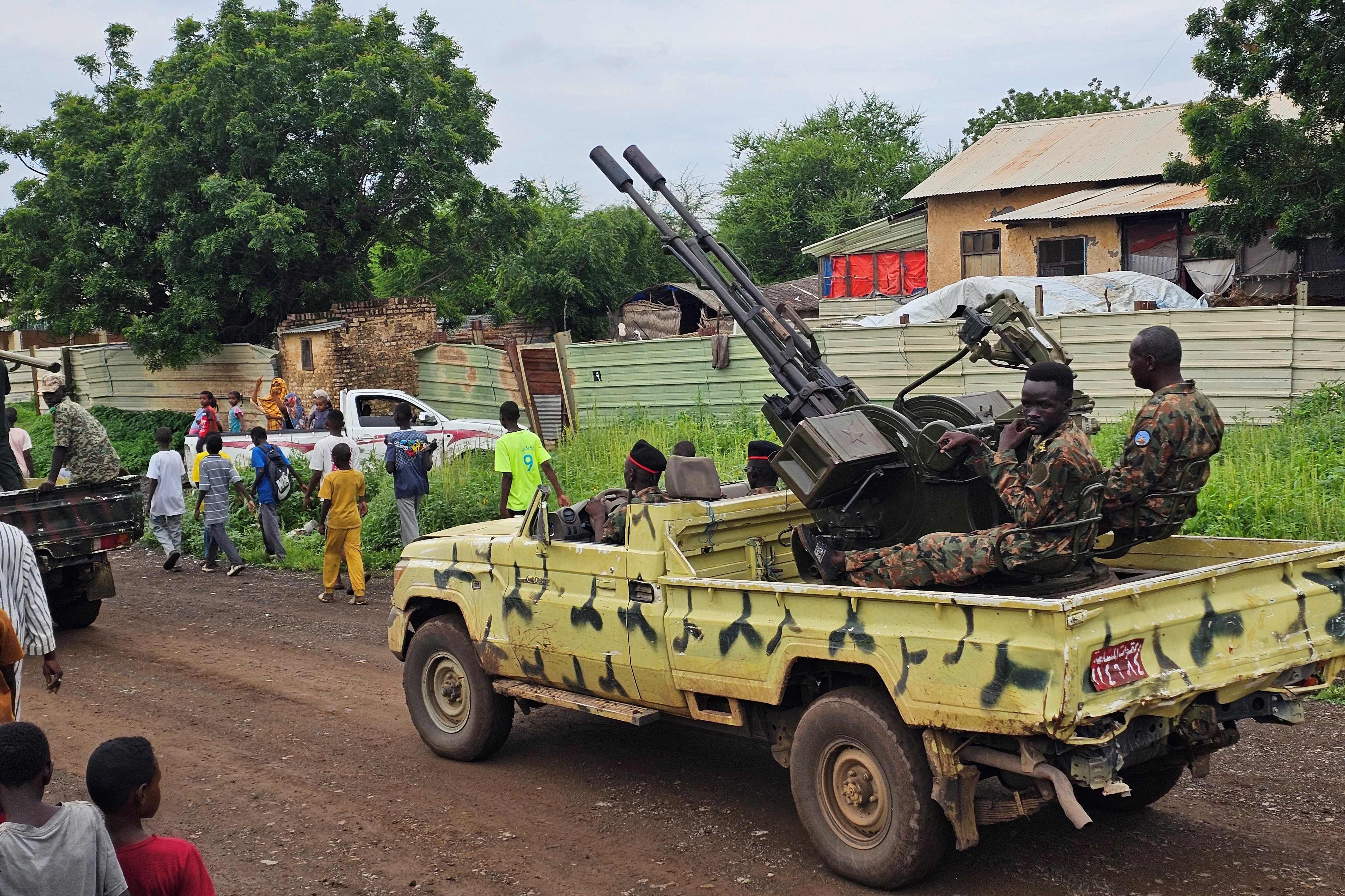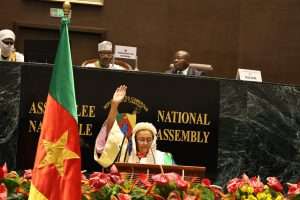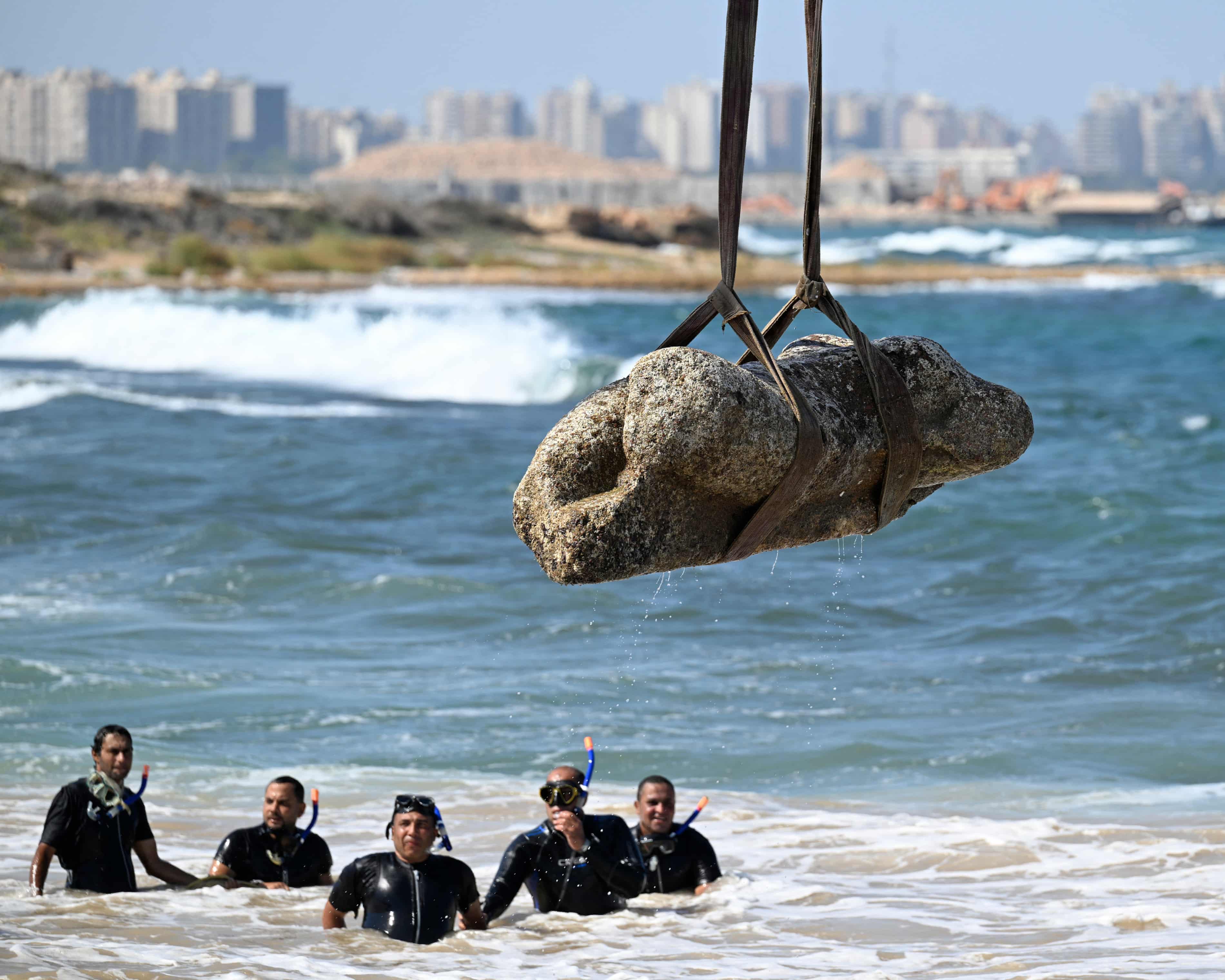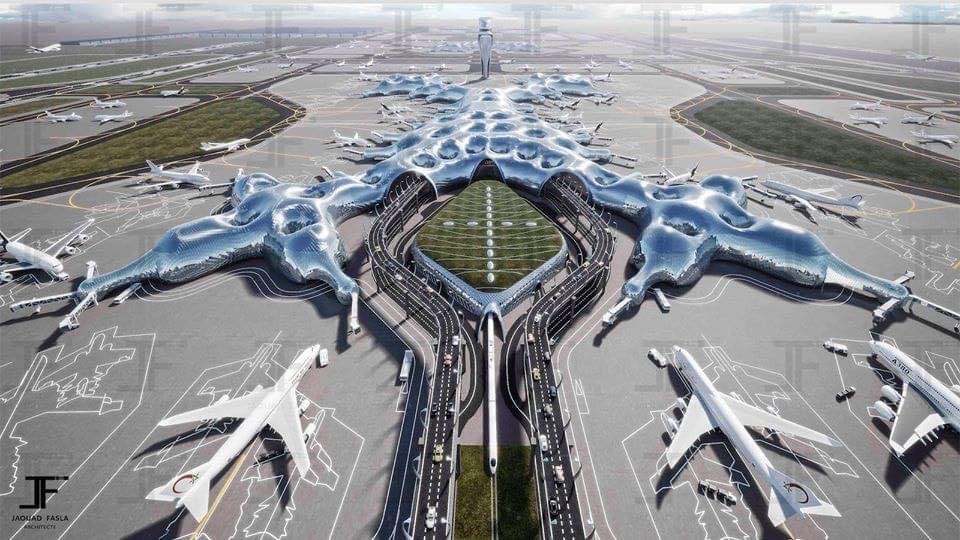Tunisia: “We don’t want elections, we want cooking oil”
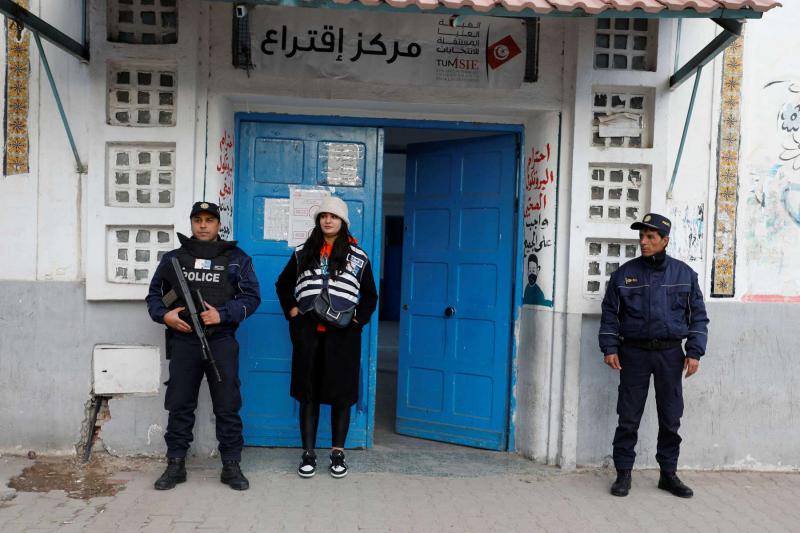
Concerns are growing over the validity of Tunisia’s president as a crisis unfolds in the country following a second low turnout for parliamentary elections and threats of nationwide strikes mount
Tunisia announced that a mere 11% of the electorate had voted on Sunday January 29th in parliamentary run-offs, as voters, worried about their living conditions, sent a message of disaffection of from the political process, reports Reuters.
The head of the electoral commission gave a provisional turnout figure of 11.3% for Sunday’s run-off votes.
During December’s first round, the official turnout was only slightly lower, at 11.2%.
Economic decline in Tunisia, where some basic goods have disappeared from shelves and the government has cut subsidies as it seeks a foreign bailout to avert bankruptcy, has left many disillusioned with politics and angry with their leaders.
“We don’t want elections. We want milk and sugar and cooking oil,” said Hasna, a woman shopping in the Ettadamon district of Tunis on Sunday.
The newly-configured parliament has had its role shrunk as part of a political system Saied introduced last year after a July 2021 move that concentrated most powers in his hands.
About 887,000 voters cast ballots from a total electorate of 7.8 million, the electoral commission said. Final results were expected on Wednesday. The main parties boycotted the vote.
Opposition groups have criticised Saied for halting the democratic process and monopolising power. The splintered opposition is however itself largely distrusted by the majority of the public.
READ Sami Hamdi: Saied ramps up crackdown. But time is against him
Saied has said his actions were both legal and necessary to save Tunisia from years of corruption and total impasse.
Though his new constitution passed in a referendum last year, only 30% of voters took part.
Both Saied and his opposition seem discredited in the eyes of the majority of Tunisians, hence compounding the country’s multifaceted crisis. They are concerned about their declining standard of living than about who sits in the next assembly.
Hassan Zargouni, a Tunisian pollster, also blames election fatigue. “People are tired of being called upon to vote, in 11 years this is the 11th ballot.”
He believes people are much more drawn to presidential elections. “It is the presidential ballot that interests Tunisians, they need a father, a president who presides. They have an appetite for autocracy”

“Submarines”
At one polling station in the Ettadamon district of Tunis, no voters attended during the 20 minutes a Reuters journalist spent there.
At another Ettadamon polling station, one voter who gave his name as Ridha said he was supporting Saied: “He is a clean man fighting a corrupt system.”
In a cafe in Ettahrir, another district of the capital, only one of seven men sitting drinking coffee said he might vote.
Another man in the cafe, who gave his name only as Imad, said he did not believe his vote mattered after Saied’s political changes.
“The president alone is deciding everything,” he said. “He does not care about anybody and we do not care about him and his elections.”
Analysts note a growing crisis of confidence between citizens and the political class since Tunisia’s 2011 uprising unleashed Arab Spring uprisings across the region.
In the first-round elections, ten candidates secured seats outright in the 161-seat parliament without winning any votes because they ran unopposed. No candidates bothered to run in seven constituencies; electoral officials say those seats will be filled in special elections at a later date.
Most seats are expected to go to presumed independents. But analysts believe there are elected MPs with undeclared affiliations and who are often referred to as “submarines” in the political debate.
Zargouni says Saied is “over-represented in the new parliament. There are also many MPs ho are former Nidaa party members, quite a few from the Echaab party, as well as deputies with Islamist leanings”.
Saied and his supporters argued that his overhaul of Tunisian politics was needed to end political deadlock seen as worsening economic and social crises. Unemployment tops 18%, the soaring budget deficit has led to shortages of staples, and the International Monetary Fund has frozen talks on a much-awaited new loan for the Tunisian government.
Many Tunisians initially seemed to welcome Saied’s overhaul of the political system after years of weak and inept governing coalitions that were unable to revive a moribund economy, improve public services or reduce stark inequalities.
But Saied has voiced no clear economic agenda except to rail against corruption and unnamed speculators, whom he has blamed for rising prices.
On January 27th, Moody’s credit ratings agency downgraded Tunisia’s debt, warning against the country’s default on sovereign loans.
The trade unions have threatened to unleash a new wave of strikes as workers’ standard of living deteriorated and the government hesitated to introduced IMF-supported austerity measures.
Want to chase the pulse of North Africa?
Subscribe to receive our FREE weekly PDF magazine




